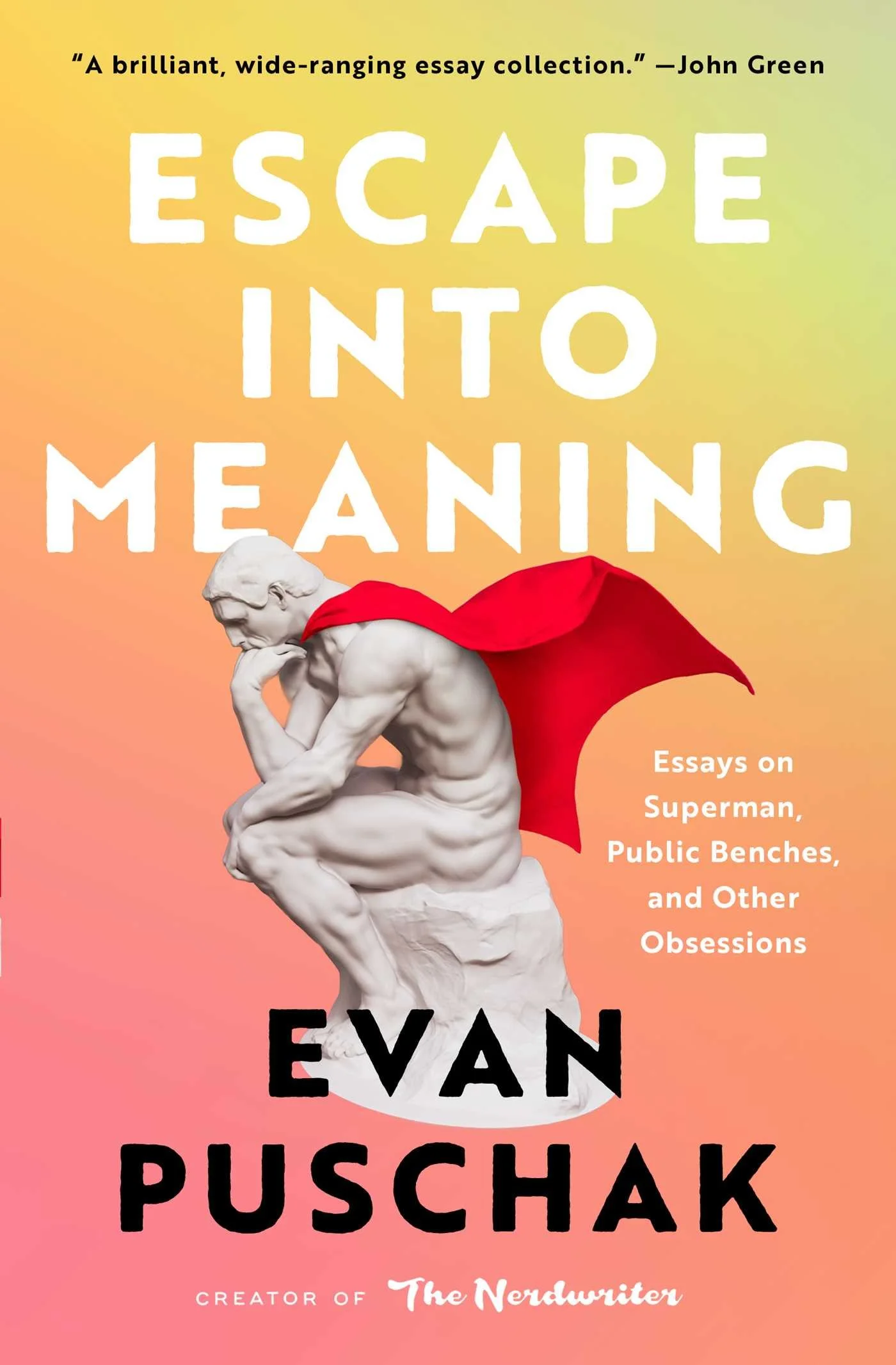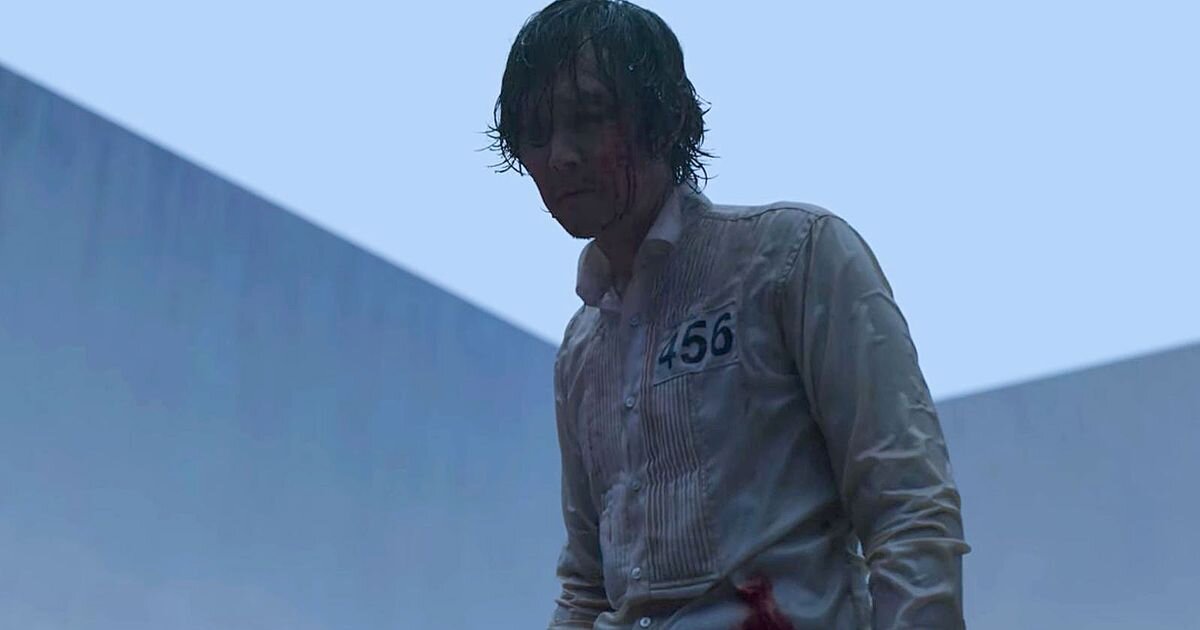That F@%*ing Scene : Luca's Words of Wisdom
The cultural discourse around The Bear is bizarre, to say the least. It was immediately praised by the media for being a heartfelt and heartbreaking depiction of "how it really works in the restaurant industry" (which is ironic because media people are huge restaurant patrons and most people I know who work in restaurants thought it was boring as shit because "nothing interesting ever happens until the last episode".
Although the first season left me lukewarm, Josie and I went into the second offering because the episodes were only thirty minutes long. We ended up, to our surprise, binging the entire fucking thing over a single evening. The Bear has a better idea of what it wants to be this year: a show about disparate people learning to do great things together. That idea starts blooming and becomes evident on episode 4, when Marcus travels to Denmark to make pastries.
In this episode, he meets Luca (played by Eyebrows Will Poulter), another young pastry chef who was tasked by Carmy to bring Marcus to the required level to work at his new restaurant. It’s a sweet, non-turbulent thirty something minutes where "nothing interesting ever happens" but where everything happens for Marcus. When it "clicks". One scene in particular blows the doors of limitations off its hinges for him.
It’s a seemingly simple three minute conversation with Luca while they’re slinging balls of dough on a prep table, but it’s so much more. Let’s examine what makes this scene sing:
Why are two bros talking about work over balls of dough almost made me cry?
I’ve identified three reasons :
Luca is demanding, but he’s never mean. That’s the one thing about this episode that is so disorienting. Authority figures on The Bear (and on television in general) are such consummate assholes, you expect Marcus to walk into another military-style, dehumanizing situation. But he doesn’t. He’s always alone with Luca at the restaurant, who gives him one-on-one coaching every day. Luca’s a mentor and an ally and characters like Marcus usually don’t get one.
That said, Luca’s not babying him. That real talk scene is earned. At the start, he’s not unkind or anything to Marcus, but he’s quieter. He checks him out and gauges his work ethic. Right before the conversation, there’s a grueling scene where Luca teaches Marcus how to plate. The two young men are gauging each other’s character in there. It’s also beautiful in the quiet, subdued way this episode is. It’s subdued in the way guys are with each other when they’re affectionate.
It’s important for a man to be "good". The first question Marcus asks in this scene : "how did you get so good at this?" By having Marcus asking that question, The Bear taps into an untold, immemorial truth of the heart of the masculine condition: it’s important for men to be good at something. To be a specialist in something that can help provide for their loved ones. I’m not saying it’s necessarily a healthy thing, but it doesn’t make it any less true.
So, Marcus’ longing is pure. But Luca’s answer equally is: he’s become great at what he does when he let go of the idea of being the best and started learning from more skilled cooks around him. By going out in the world and learning to receive beauty and inspiration instead of trying to run things. It’s not a stereotypical masculine answer at all. So basically, Marcus asked how can he become "the man" and Luca’s answer was "by conceding that you’ll never ever be".
This is both true and wise and moving and extremely masculine. Emotion doesn’t not have to mean tears or anger every time.
The quietness of it all. If Marcus’ episode kickstarts season two of The Bear for real, it’s not only for narrative reasons. There’s some technical flair behind it too. It’s the first episode where the crazy handheld cam style and gritty, desaturated photography takes the backseat to a more naturalistic approach to filmmaking. If Marcus and Luca have such an impact on the viewer by doing so little, it’s because they’re being allowed to exist for thirty-something minutes.
I have this theory that the less you have to do while doing an activity, the more you can focus on what matters. Here we got two guys discussing over a prep table, barely moving except to execute what their profession demands of them. The overbearing physicality of The Bear finally leaves room for philosophy and emotion. It has a soothing effect on the viewer, allowing us to fully immerse ourselves in a life-affirming conversation.
The Bear just gets better from that point on.






